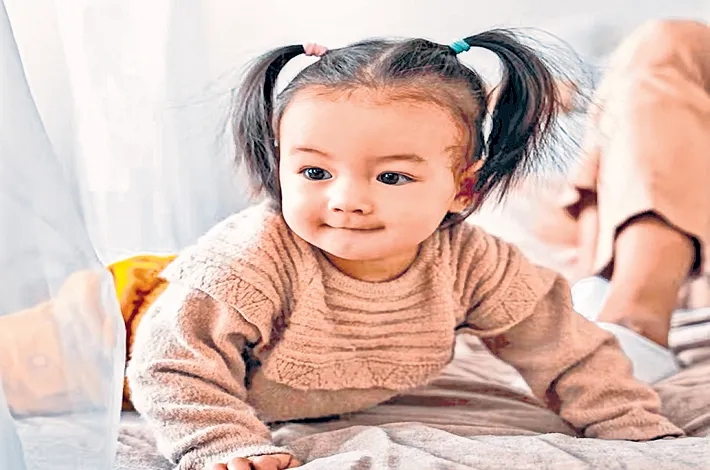Boom time for S Korea fertility clinics
12-07-2025 12:00:00 AM

When she started in vitro fertilisation (IVF) last November, Kim Mi-ae knew it would be a gruelling test of patience – something she had already endured when she conceived her first child three years ago. But what shocked her this time around were the "crazy" waits at the fertility clinic.
"When I went in January, it felt like everyone had made a New Year's resolution to have a baby! Even with a reservation, I waited over three hours," says the 36-year-old Seoul resident.
While South Korea continues to struggle with the world's lowest birth rates, fertility clinics are in growing demand – a bright spot in the country's demographic crisis.
Between 2018 and 2022, the number of fertility treatments carried out in the country rose nearly 50% to 200,000. Last year, one in six babies in Seoul were born with the help of fertility treatment.
Underpinning the boom, experts say, is a shift in attitudes about family planning. "We have a young generation… that is used to being in control of its life," says Sarah Harper CBE, professor in Gerontology at the University of Oxford. That control, she adds, may come in the form of single women freezing their eggs or couples trying IVF when they can't conceive.
"Whereas in previous generations there was a greater acceptance that whether you conceive or not can be a bit haphazard, now we have Korean women saying, 'I want to plan my life.'"
This is good news for South Korea’s government, which is trying to lift the country out of a demographic crisis. One in five people in South Korea are now aged 65 or above. As a proportion of the country's total population, there have never been fewer babies.
Difficulty conceiving is just one barrier. At the heart of South Korea's population woes are a raft of social and financial pressures - from patriarchal norms to long work hours and high education costs - which discourage many from having children.








